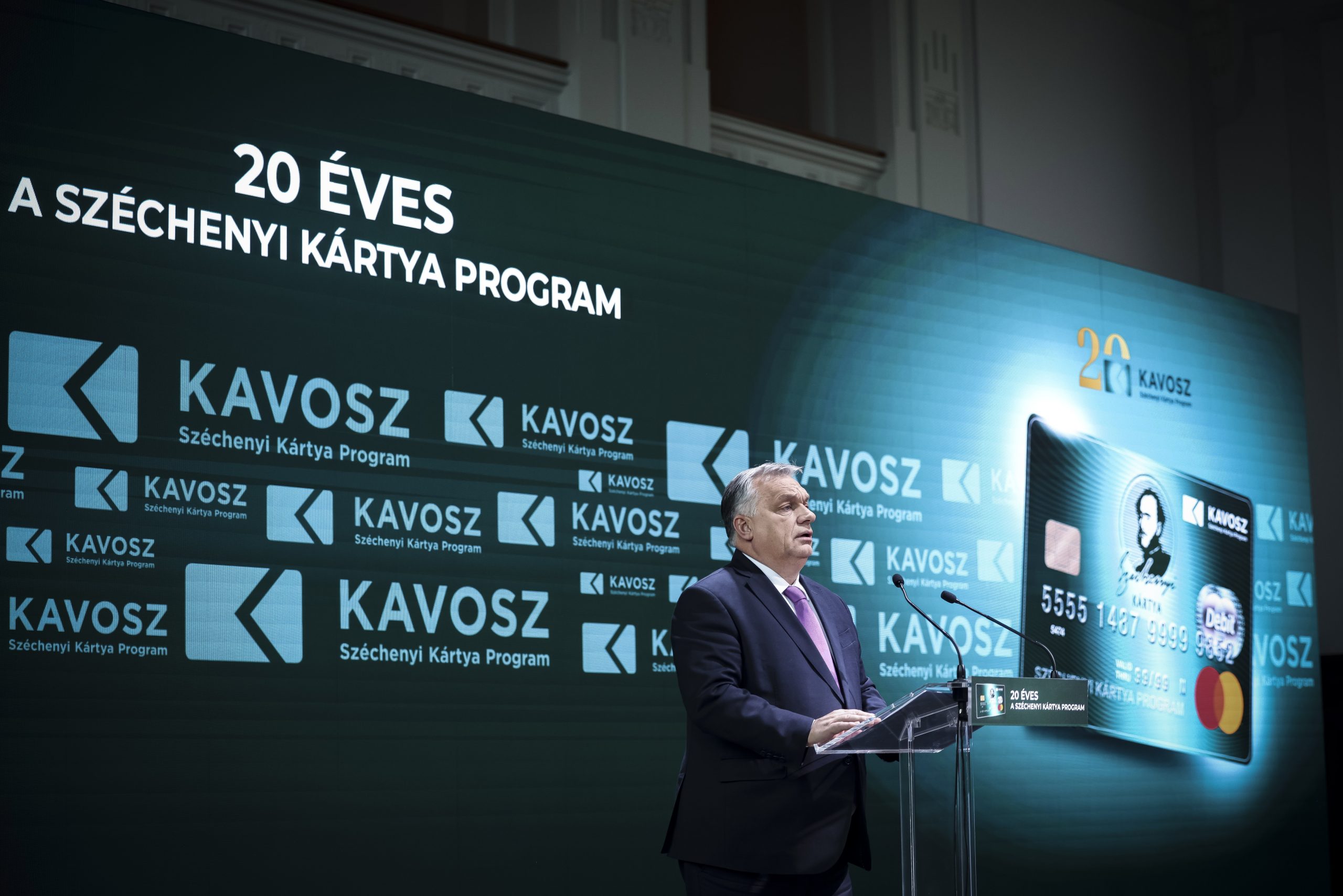
Alongside large foreign investments, Hungarian businesses must also thrive.Continue reading
State Secretary Tamás Menczer spoke about the success of pharmaceutical investments in Hungary at the Teva factory in Debrecen.
The government has backed 21 pharmaceutical investments worth 482 million euros since 2014, creating 1,000 new jobs, Tamás Menczer, the State Secretary for Bilateral Relations of the Ministry of Foreign Affairs and Trade, said in Debrecen on Wednesday.
At the handover ceremony of the 23 million dollar capacity expansion investment in the Debrecen factory of the Israeli-owned Teva Group, Menczer said that Israel is the eighth largest investor in Hungary with an investment value of 3900 million dollars.
He remarked that the Hungarian pharmaceutical industry is competitive and one of the key sectors of the economy. Menczer pointed out that 85 percent of the medicines produced in Hungary are exported.
While Hungary ranks 95th in terms of population, it is 21st in terms of pharmaceutical exports.
The state secretary said that the Hungarian government responded to the economic challenges caused by the war in Ukraine and the “misguided EU sanctions” with, among other things, the factory rescue program, for which Teva has also applied and is in the process of being evaluated.
According to Menczer, one of the most important strategic goals of the government in the current situation is to preserve jobs and if possible, create new ones. He recalled that unemployment in Hungary was 11.5-12 percent in 2010, and 3.3-3.4 percent in the last year before the coronavirus epidemic, which meant that anyone who wanted to work, could.
The government’s response to the coronavirus epidemic was not to “finance unemployment” but to save jobs, which “made us come out stronger:” 4.7 million people were and are still working, a historic record in the last 30 years, he said, adding that there are now one million more people employed in Hungary than in 2010.
Featured photo via Facebook/Teva Magyarországon